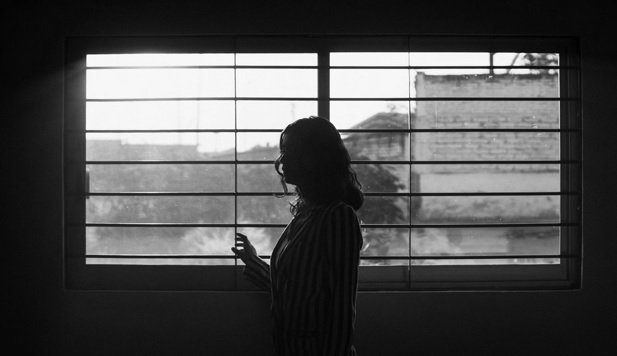
By Katie Amodei,
Communications dir. for Businesses Ending Slavery and Trafficking
Guest article written for Oregon Restaurant & Lodging Association
6/3/2024– Child sex trafficking is a devastating crime that can go unnoticed in the hospitality industry. Traffickers take advantage of the privacy and anonymity provided in hotels to exploit vulnerable people, including children, through commercial sexual exploitation. Human traffickers often operate discreetly, so hotel staff can miss the warning signs of child sex trafficking. And when the victims are children, they often will not ask for help from strangers.
Child sex trafficking happens more frequently than most people realize. So, it’s essential that hotel employees are properly trained in human trafficking awareness to be able to remain diligent and know how to spot a child sex trafficking situation.
According to the 2021 Federal Human Trafficking Report published by the Human Trafficking Institute, the number of known child sex trafficking cases in the United States increased 17 percent between 2019 to 2020, and children made up over 66 percent of the victims in sex trafficking cases in 2020. Their ages ranged from 4 to 17, but 89 percent of the victims were between the ages of 14 to 17, with the average age being 15. Over 45 percent of these children knew their trafficker before they were exploited.
While any child can become a victim of human trafficking, children who are homeless or runaways, foster care youth, LGBTQIA+ youth, Black or African American youth, Latine youth, and Native American youth are at a higher risk of being targeted by human traffickers.
The warning signs of child sex trafficking can be apparent in subtle ways in the hotel environment. When hotel employees become aware of the indicators of human trafficking, they can learn how to identify and safely report potential child sex trafficking cases to their managers. Some of the warning signs of child sex trafficking in hotels include the following indicators:
- Absence of luggage
- A person who looks very young but is dressed and behaving like an adult
- Lack of eye contact with hotel staff from the young person
- Evidence of violence, abuse, or intimidation
- Signs of unusual fear, anxiety, or submission
- Young person is dropped off by an adult who waits in the parking lot
- Young person asks staff for help, food, or money
- Repeated requests for extra towels, linens, or room service
- Multiple adult guests are seen visiting the room, especially at regular time intervals
- A child expressing fear or discomfort around certain individuals, especially the adults accompanying them, should not be ignored and should prompt intervention
Hotel staff can play a crucial role in combating child sex trafficking within their establishments by being properly trained in how to recognize the signs of human trafficking and how to safely respond to it. This can safeguard more vulnerable children, and it can help recover more children who have been reported missing to the National Center for Missing & Exploited Children.
The Oregon Hotel & Lodging Association (ORLA) now offers free Inhospitable to Human Trafficking training provided by the nonprofit, Businesses Ending Slavery and Trafficking (BEST). By training front line hospitality staff to be able to identify the signs of human trafficking and providing them with clear protocols on how to report suspected cases, it can ensure a swift and appropriate response, especially when a minor is involved.
Anyone under the age of 18 engaging in a commercial sex act is considered a victim of human trafficking by law, with no exceptions. Observing the behaviors of guests and reporting anything suspicious to hotel management can raise awareness and prompt quick and appropriate action to investigate suspected child sex trafficking cases.
When employees are trained to report potential child sex trafficking to managers, hotels should have a plan in place for how managers report incidents to local law enforcement. Not only is this important for recovering missing and exploited children, but it is essential that hoteliers respond appropriately to protect their liability if a child is being abused on their property.
By recognizing the warning signs of child sex trafficking in hotels and taking steps to safely report human trafficking, the hospitality industry can help make a big impact in protecting vulnerable children and recovering more human trafficking victims. | Katie Amodei
Katie Amodei is the communications director for the nonprofit, Businesses Ending Slavery and Trafficking (BEST). Their goal is to help employers learn what they can do to make a difference in preventing human trafficking through awareness raising, consultation, training, and providing employment opportunities for survivors.
Disclaimer: Articles featured on Oregon Report are the creation, responsibility and opinion of the authoring individual or organization which is featured at the top of every article.

